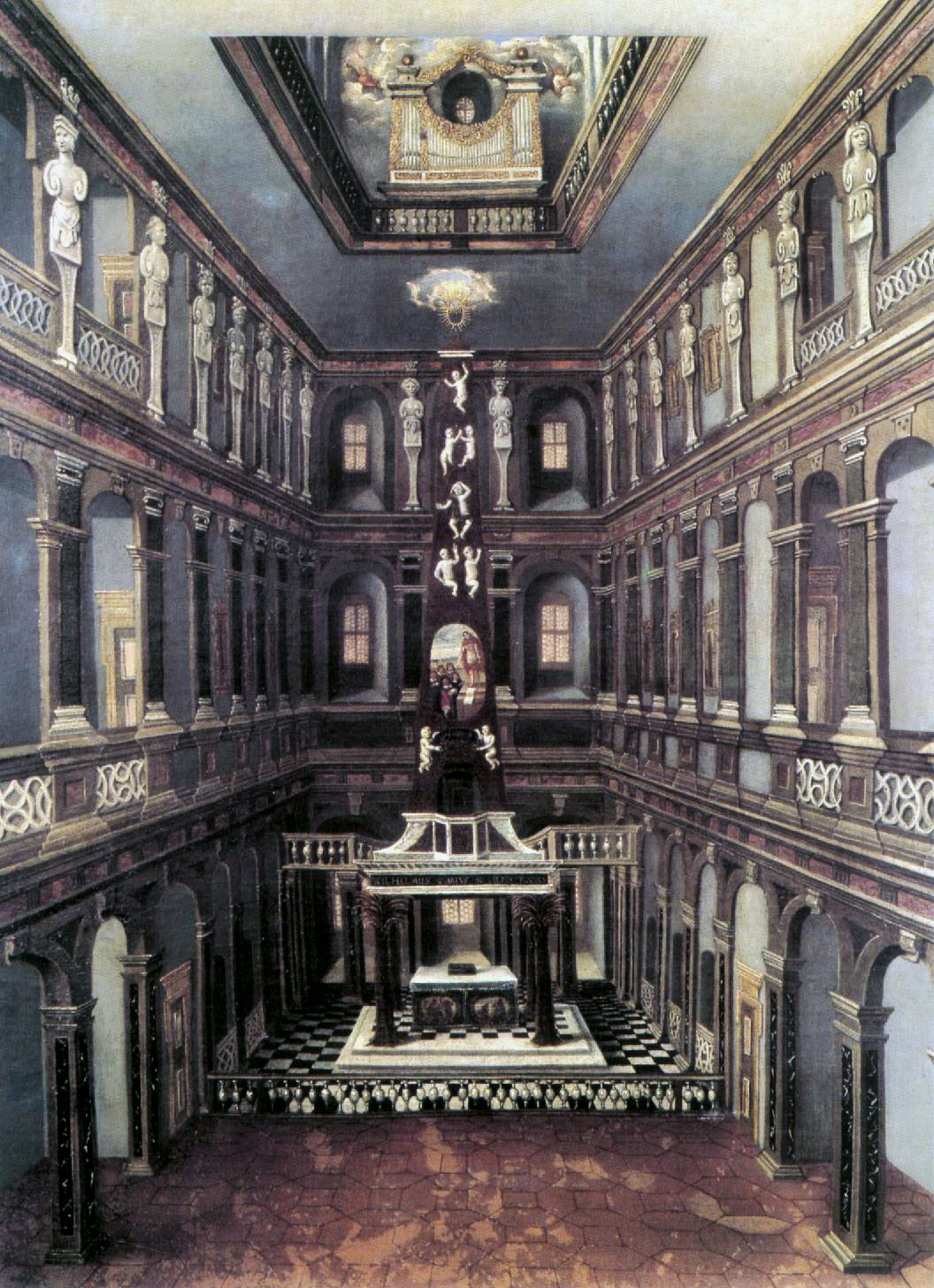|
BWV 80.1
(All that is born of God), BWV 80.1 (formerly BWV 80a), is a Bach cantata, church cantata by Johann Sebastian Bach. He composed it in Weimar for Oculi, the third Sunday in Lent, and first performed it on 24 March 1715 or 15 March 1716. The music is lost, but Bach expanded on it in about 1730 to create his Chorale cantata (Bach), chorale cantata for Reformation Day, BWV 80, ''Ein feste Burg ist unser Gott'', BWV 80. History and words On 2 March 1714 Bach was appointed concertmaster of the Weimar court capelle of the co-reigning dukes William Ernest, Duke of Saxe-Weimar, Wilhelm Ernst and Ernest Augustus I, Duke of Saxe-Weimar-Eisenach, Ernst August of Saxe-Weimar. As concertmaster, he assumed the principal responsibility for composing new works, specifically cantatas for the ''Schlosskirche'' (palace church), on a monthly schedule. Bach wrote the cantata for Church cantata (Bach)#Oculi, Oculi, the third Sunday in Lent. The prescribed readings for the Sunday were t ... [...More Info...] [...Related Items...] OR: [Wikipedia] [Google] [Baidu] |
Schlosskirche, Weimar
Schloss Weimar is a ''Schloss'' (palace) in Weimar, Thuringia, Germany. It is now called ''Stadtschloss'' to distinguish it from other palaces in and around Weimar. It was the residence of the dukes of Saxe-Weimar and Eisenach, and has also been called ''Residenzschloss''. Names in English include Palace at Weimar, Grand Ducal Palace, City Palace and City Castle. The building is located at the north end of the town's park along the Ilm river, ''Park an der Ilm''. It forms part of the World Heritage Site " Classical Weimar", along with other sites associated with Weimar's importance as a cultural hub during the late 18th and 19th centuries. In history, it was often destroyed by fire. The Baroque palace from the 17th century, with the church ''Schlosskirche'' where a number of works by Johann Sebastian Bach were premiered, was replaced by a Neoclassical structure after a fire in 1774. Four rooms were dedicated to the memory of poets who worked in Weimar, Johann Wolfgang von Goethe, ... [...More Info...] [...Related Items...] OR: [Wikipedia] [Google] [Baidu] |
